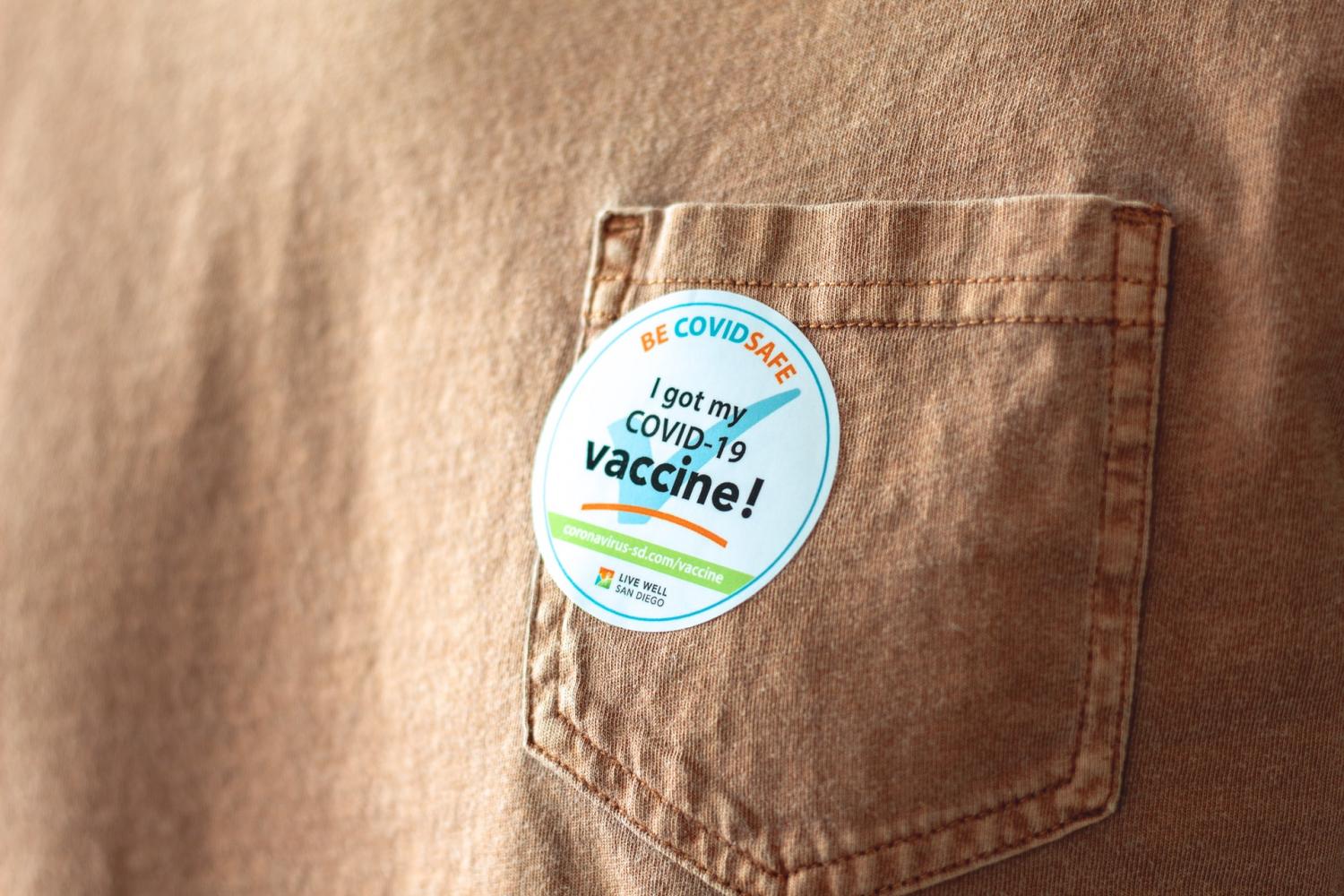
The quest for herd immunity against COVID-19 has a hit a wall as the timing of the vaccination slowdown arrived just as the Delta variant is causing another surge across much of the U.S.
But despite all their noise and dominance on social media, it’s not only right-wing anti-vaxxers who are behind the stall in vaccinations across the U.S.
According to a recent Axios report, it turns out that this vaccination slowdown is due to the reality that many Americans who struggle to make a living are also having a difficult time getting those jabs in their arms.
Axios’ Bob Herman based his conclusions on data from the U.S. Census Bureau, which found that close to 60 percent of the unvaccinated population has a household income of $50,000 dollars or less. “Vaccination has been politicized, but juggling work schedules and child care could be bigger factors than politics,” wrote Herman.
Much of the service industry, specifically retailers and the restaurant sector, shoulders much of the blame for the vaccination slowdown that soon enough could morph into yet another full-blown public health crisis.
With a few notable exceptions, many of these companies continue to complain about their difficulty in finding new workers, even though the truth is that many of them have decided on finding a new employer, or they completed online training with the goal of finding a completely different line of work.
Add a report from the Pew Research Center from earlier this year, which found that getting a vaccine is easier when one has access to paid sick leave – which almost one-quarter of U.S. workers, or almost 34 million citizens, do not have. Among the industries that rank toward the bottom when providing their employees paid sick leave are the service industry and construction sector.
Part of the problem is the patchwork of employment laws across much of the U.S., which can lead to confusion over what is mandated and what is not. But another piece of the puzzle is many companies’ reluctance in providing their employees the time off to schedule, receive and often recuperation from the vaccine. Plenty of employers will tout that will give two hours or even a half-day to score a COVID-19 vaccine. But as many people who are already vaccinated can tell you, that morning jab may not hit you like a ton of bricks until later that day or evening: Hence the more forward-thinking employers are the ones that at minimum will offer a sick day gratis to make sure their employees can feel better before they return to their jobs.
Some employers may respond to any criticism by saying they are offering a financial bonus for workers to get vaccinated. But any such bonus really won’t make a difference if that worker living paycheck-to-paycheck cannot get the necessary time off in the first place – and therein lies the reason for this hamster wheel, otherwise known as the stubborn U.S. vaccination slowdown.
Image credit: Marisol Benitez/Unsplash

Leon Kaye has written for 3p since 2010 and become executive editor in 2018. His previous work includes writing for the Guardian as well as other online and print publications. In addition, he's worked in sales executive roles within technology and financial research companies, as well as for a public relations firm, for which he consulted with one of the globe’s leading sustainability initiatives. Currently living in Central California, he’s traveled to 70-plus countries and has lived and worked in South Korea, the United Arab Emirates and Uruguay.
Leon’s an alum of Fresno State, the University of Maryland, Baltimore County and the University of Southern California's Marshall Business School. He enjoys traveling abroad as well as exploring California’s Central Coast and the Sierra Nevadas.














